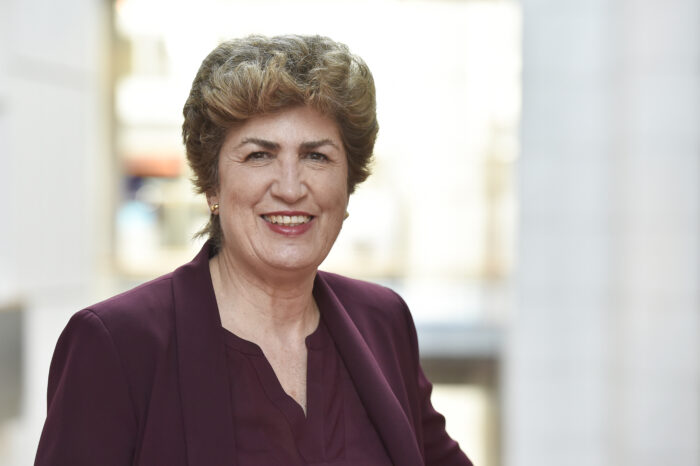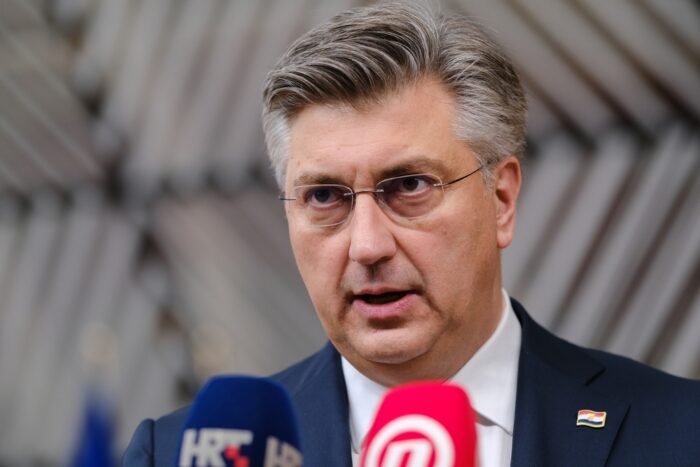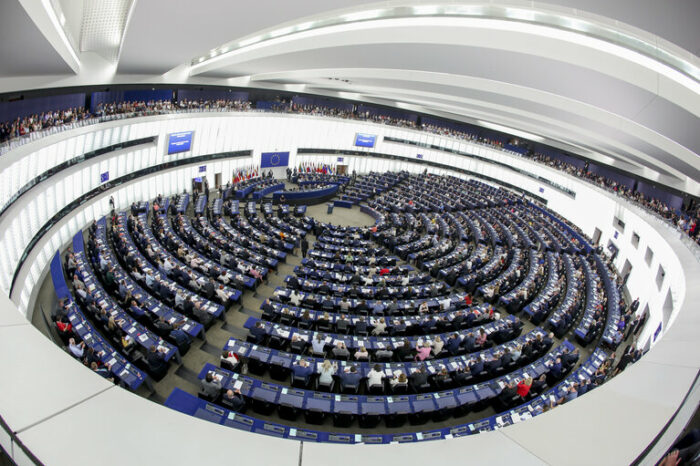The Progressive Post
25 April, a very special democratic revolution

In 2024, 50 years after Portugal’s revolution, I happened to hear an interview with a Belgian citizen who, during his career as a United Nations official, had worked in a hundred countries on a Brussels radio station. When asked which experience had impressed him the most, he replied: Portugal in 1974. This answer – perhaps surprising to many – confirmed the impression that has accompanied me throughout my life. I too, after talking to many people in a wide variety of countries, can state that in 1974, I lived through an extraordinary experience.
I was only a teenager, like my brothers, but I remember well the weight we felt when we could not go to the adults’ room, where my father held clandestine meetings, when we read forbidden books among friends or when we joined risky student gatherings in the streets of Lisbon. Then, when the revolution happened, it was like going from a black and white film with almost no light to a colour film with light pouring through all the windows. And it was like going from silence, mediocrity and emptiness to a joyful explosion of sounds and people, with an immensity of voices and dreams. The military had secretly planned a peaceful revolution to give back democracy to the people and independence to the colonies.
During the first few months after the 25 April Revolution, we, young university students, hardly slept at all, with everything we wanted to do. We were told to concentrate on changing the school, but we wanted to change not only the school. We wanted to change the city, the country and the world… All with a mixture of enthusiasm and daring, but also inexperience and ignorance. So, by making mistakes, but also making consequential changes, we added to the stream of people doing the same in companies, neighbourhoods, estates, public services and families, while a new political and associative system was emerging, driven by basic requests of social justice: decent housing, access to healthcare and education, collective bargaining, minimum wage and an inclusive pension system.
Free elections at all levels and a new experience of representative and participatory democracy were extended to almost everyone, and a radical transformation of almost everything in our lives took place. A democratic revolution in which we discovered each other’s problems, debated ambitious solutions and learnt to fight for decisions that were discussed in depth and had democratic legitimacy. As for equality between women and men, we were just assuming this this was also a pillar of a full democracy, and so there were a lot of rules to change – even though, in my case, I had the privilege of being brought up in full equality with my brothers. In short, it was a unique experience of change, in which one day was worth a hundred, transforming us all as people in all areas of life. For me, it has become an attitude of principle: there is no fatality, and the horizon of possibilities is much wider than we think. And a conviction: when a people really want it, their strength is unstoppable, and many agendas and institutions can be recreated to give opportunities to many more people.
I remember well the many new faces who entered my university in 1974, workers who were able to return to the education they had interrupted, gradually counting on fewer working hours, better salaries, transports, children in school, participation in companies and municipalities, free access to information and culture. All in all, new life projects and no longer the intention to emigrate.
Nowadays, the context has changed a lot, but it is this country that we have to build permanently, with the energy of a well-learnt democratic revolution. The big difference today is that it is no longer enough to achieve this democratic impetus at the national level. It must also be promoted at the European and international levels. Those clamouring for a return to national borders are just ghosts of the past recycled by social media. Today’s world is much more interdependent, many challenges are global and can only be met with more active citizenship and more European and international cooperation.
©Shutterstock/MaxZvonarev




